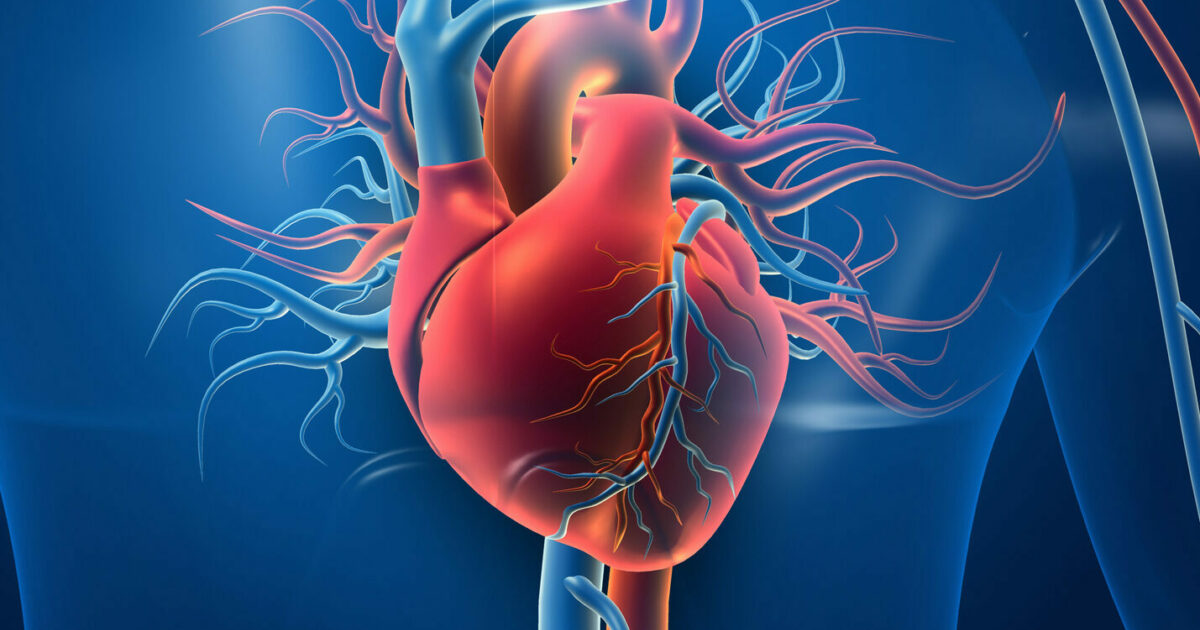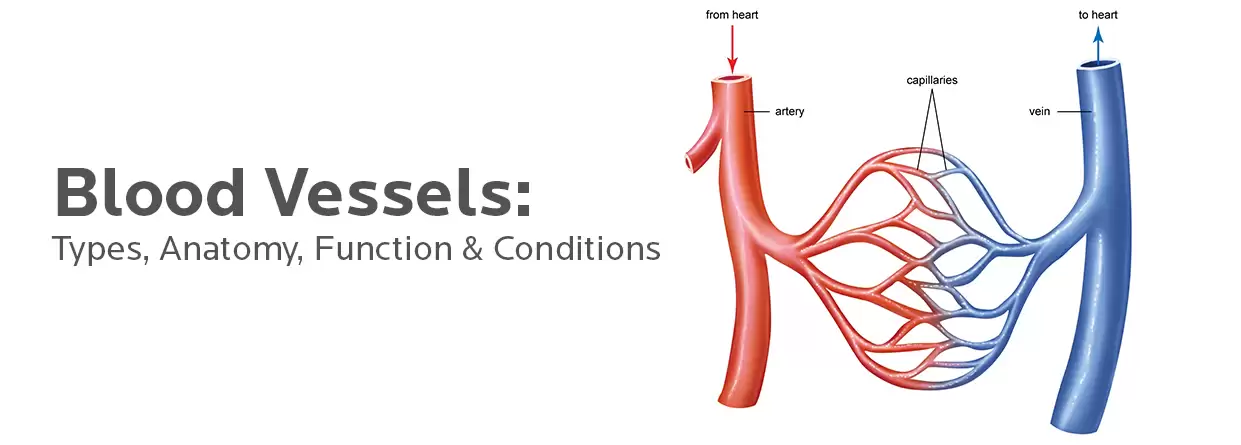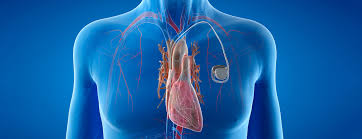Cardiovascular disease (CVD) is a group of conditions that affect the heart and blood vessels. These conditions can lead to heart attack, stroke, heart failure, and other serious problems.
Causes
CVD is caused by a buildup of plaque in the arteries. Plaque is made up of cholesterol, fatty substances, cellular waste products, calcium, and fibrin. Over time, plaque can build up to such an extent that it narrows the arteries and reduces blood flow. This can lead to a heart attack or stroke.
Risk factors
There are several risk factors for CVD, including:
High blood pressure High cholesterol Smoking Diabetes Obesity Physical inactivity Family history of CVD Age (men over 45, women over 55) Symptoms
The symptoms of CVD can vary depending on the condition. However, some common symptoms include:
Chest pain or discomfort Shortness of breath Fatigue Weakness Dizziness Lightheadedness Swelling in the feet and ankles Pain in the neck, jaw, shoulder, or back Diagnosis
If you have any of the symptoms of CVD, see your doctor. He or she will perform a physical exam and may order tests to diagnose the condition. These tests may include:
Electrocardiogram (EKG) Echocardiogram Stress test Blood tests Treatment
The treatment for CVD depends on the condition and its severity. However, the treatment typically includes lifestyle changes, medications, and surgery.
Lifestyle changes
Lifestyle changes are essential for the prevention and management of CVD. These changes include:
Quitting smoking Eating a healthy diet Exercising regularly Maintaining a healthy weight Managing stress Medications
There are several medications that can help to treat CVD. These medications include:
Blood pressure medication Cholesterol-lowering medication Blood thinners Antiplatelet medication Surgery
In some cases, surgery may be necessary to treat CVD. These surgeries may include:
Angioplasty Coronary bypass surgery Prevention
You can help to prevent CVD by making healthy lifestyle choices. These choices include:
Quitting smoking Eating a healthy diet Exercising regularly Maintaining a healthy weight Managing stress Getting regular checkups



